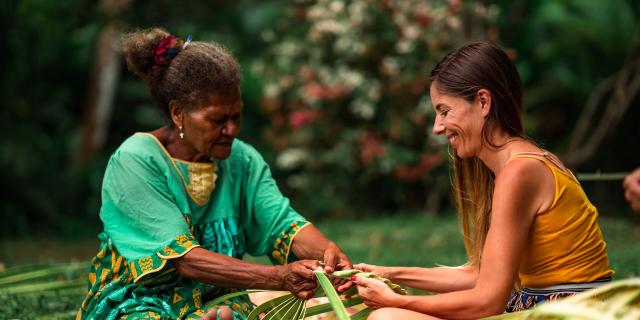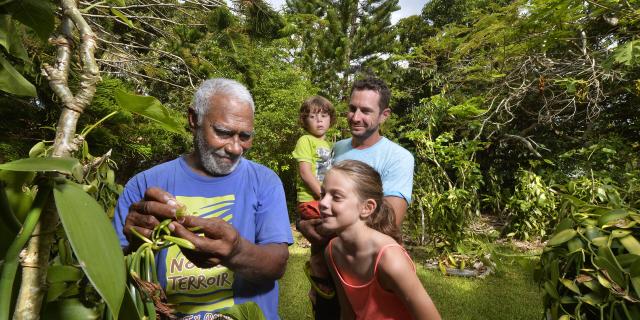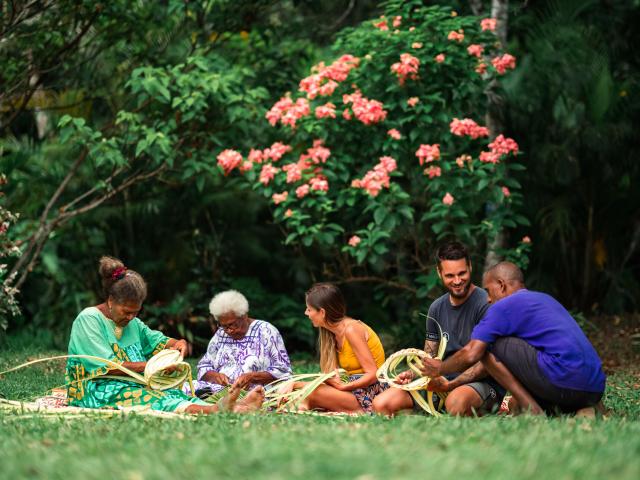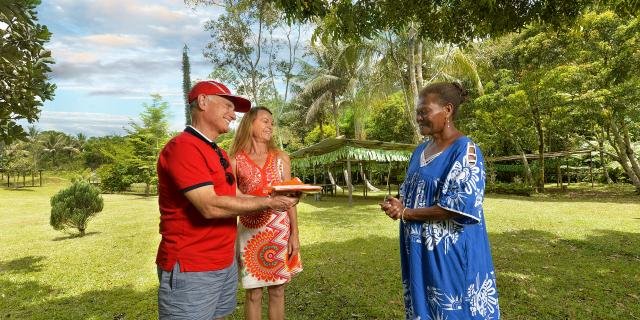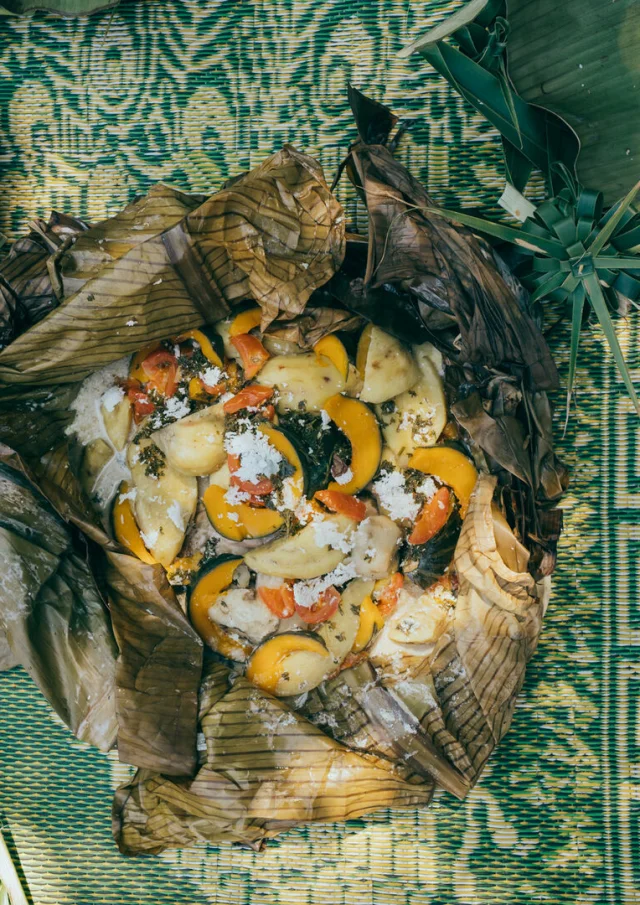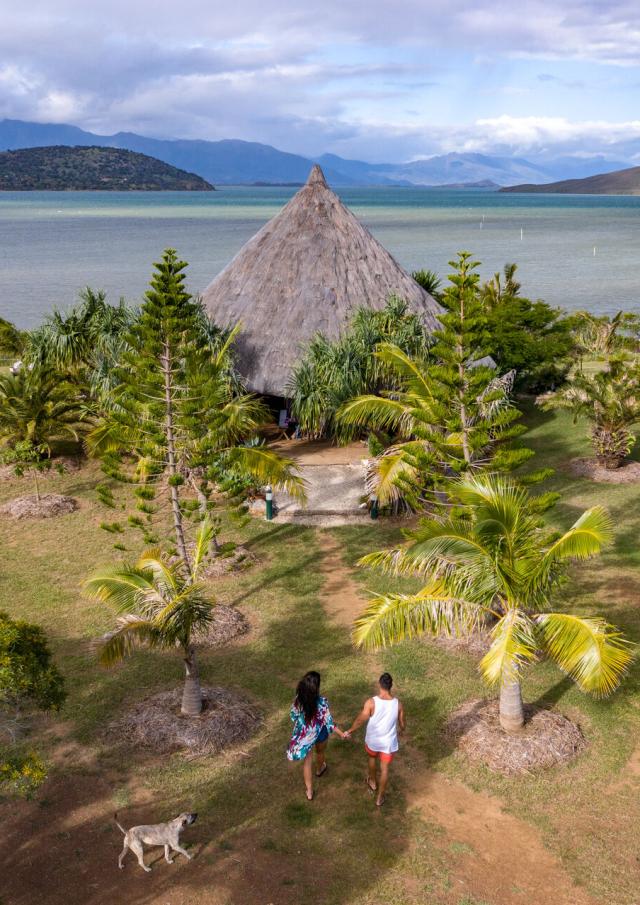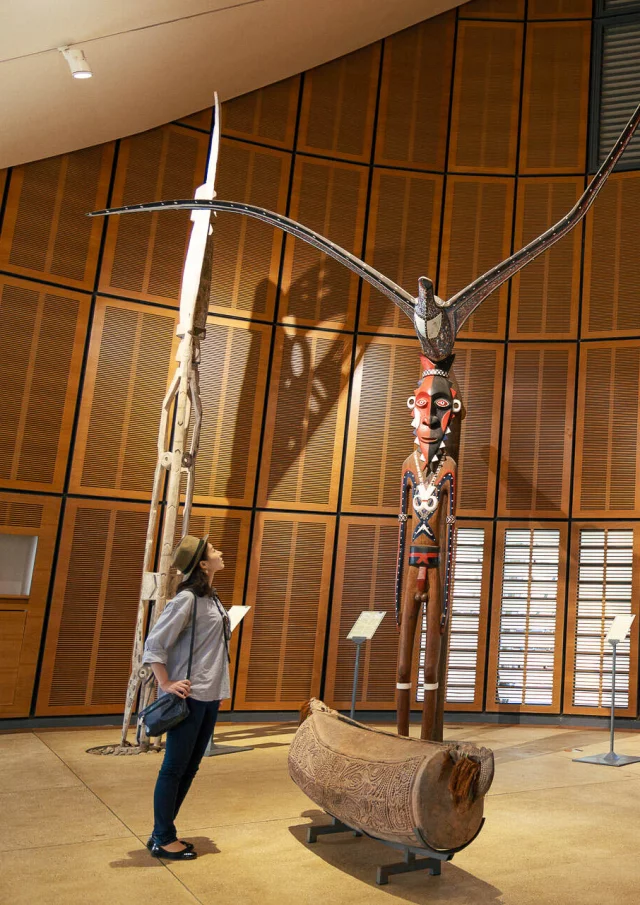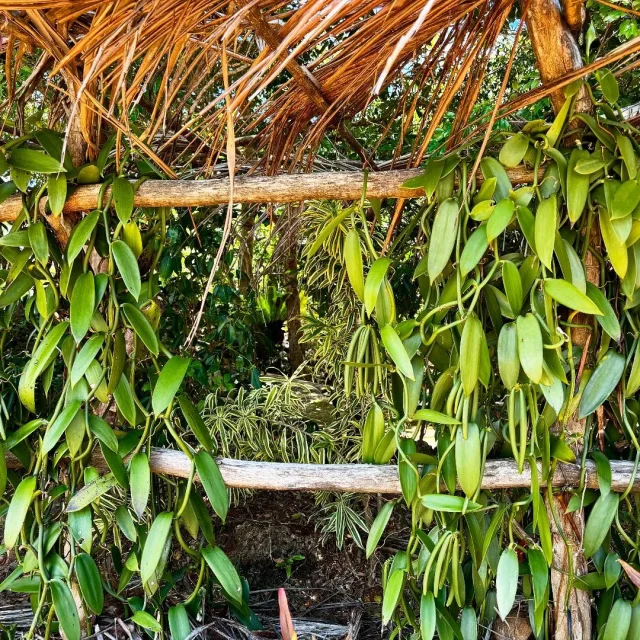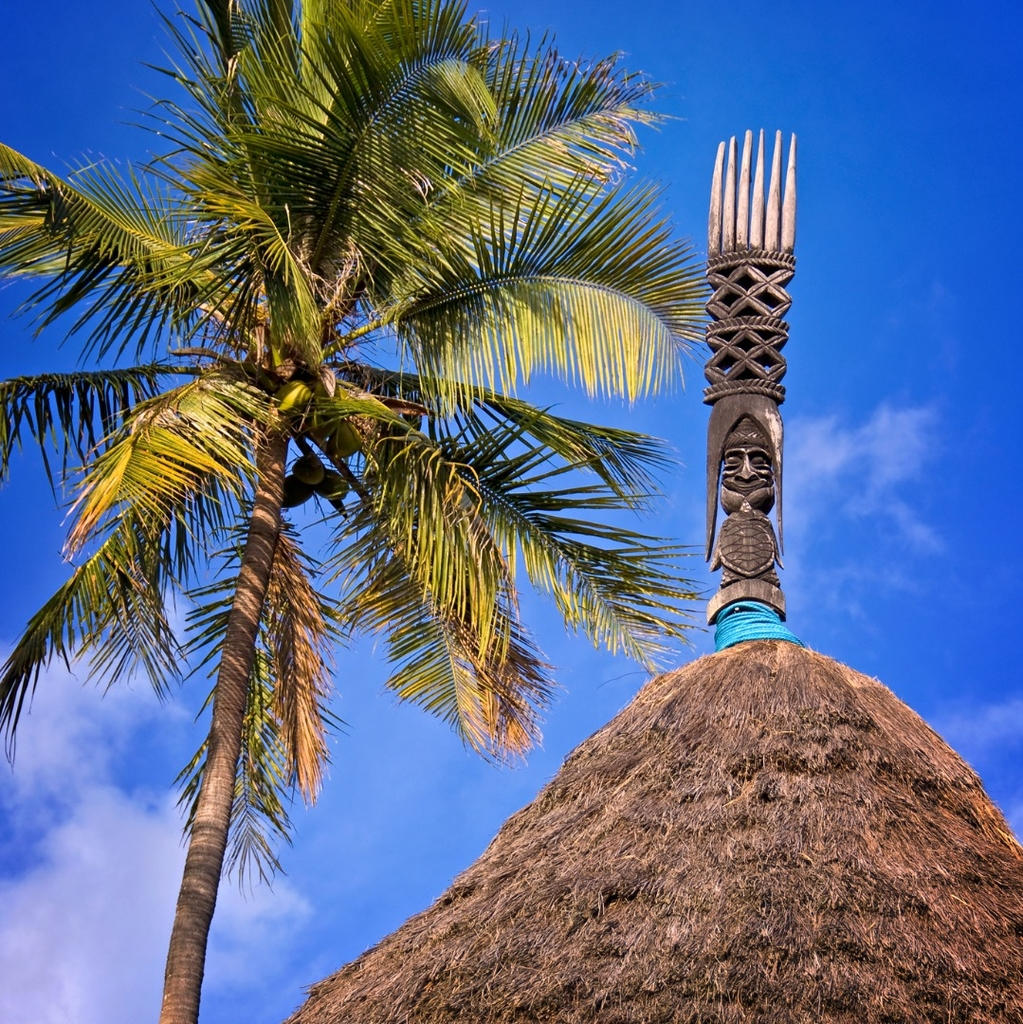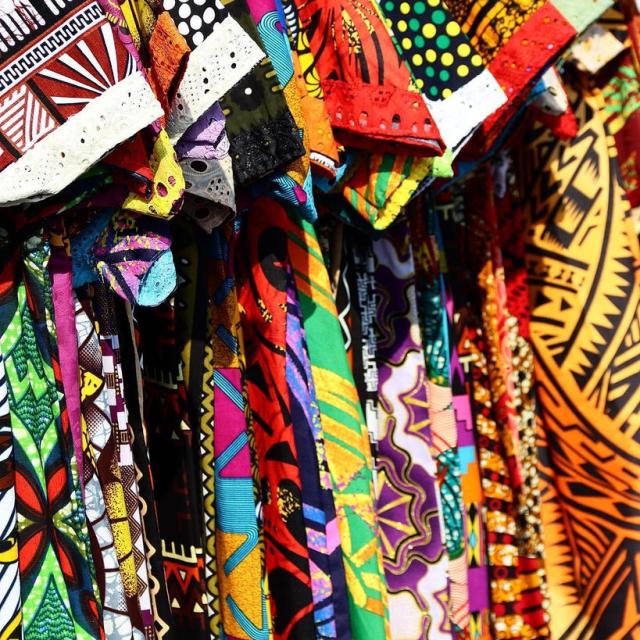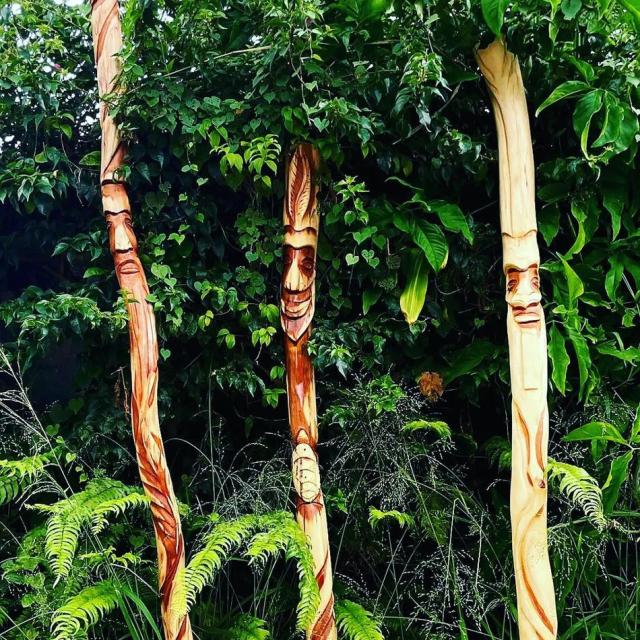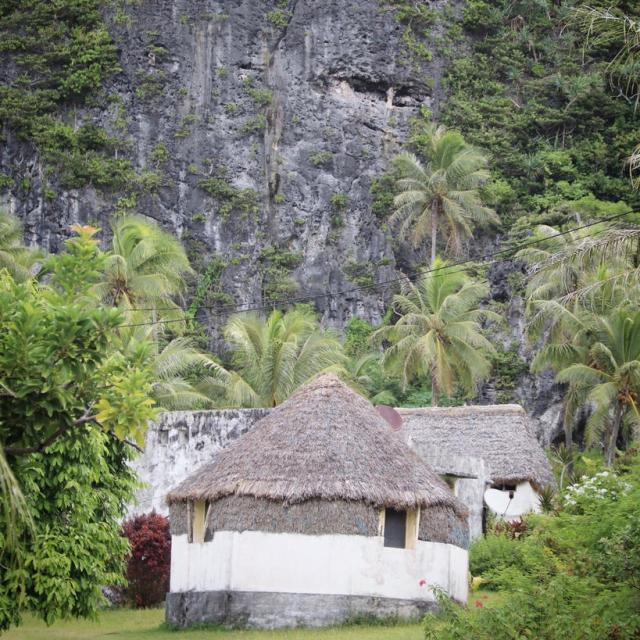 Mêrêsaaba Rando, Farino
Mêrêsaaba Rando, FarinoNew Caledonia’s people have always shared a profound connection with their land and ancestors, complemented by exceptional natural surroundings. The Kanak community embraces a distinctive outlook on nature and life, guided by ancestral wisdom passed down through generations. Their way of life harmoniously integrates age-old practices of self-sufficiency in agriculture, fishing, the arts, and culinary traditions. Spirituality in Kanak culture is interwoven with a realm of legends and myths, where humans coexist with nature and spirits. Thus, a bird perched on a branch may be perceived as the spirit of a revered ancestor, watching over their descendants.

